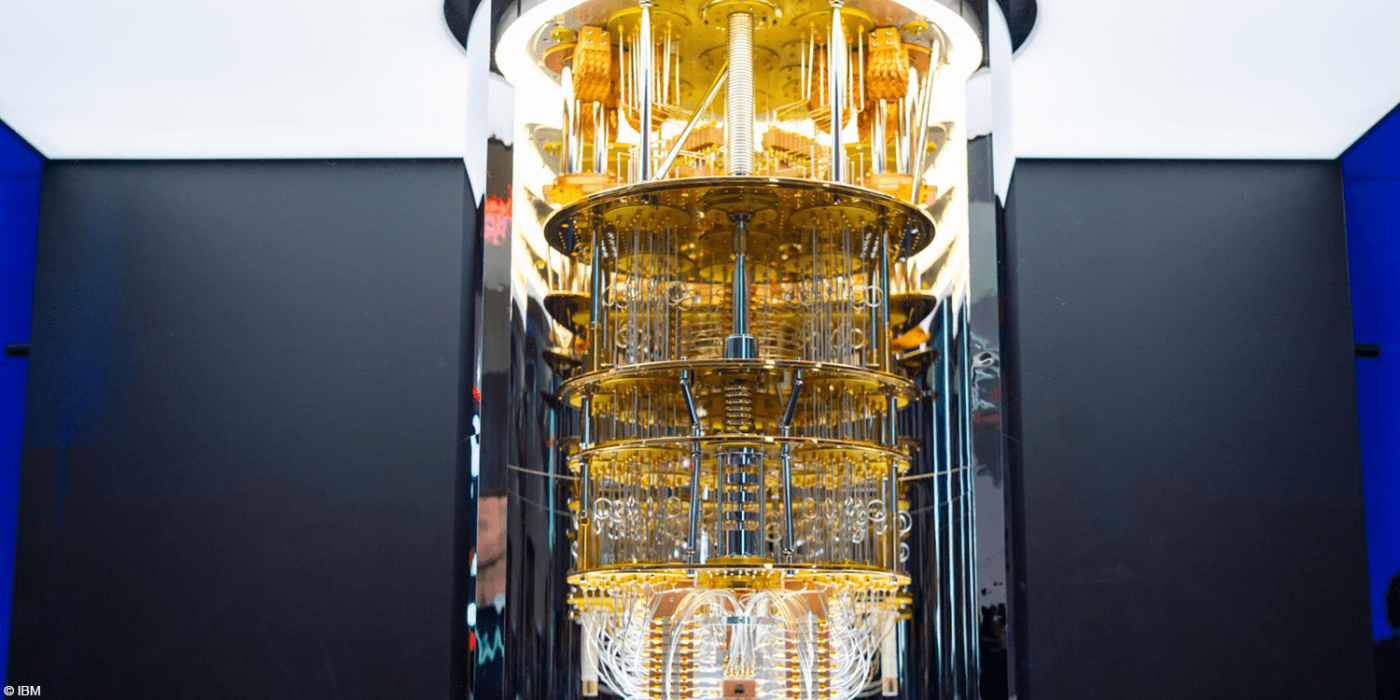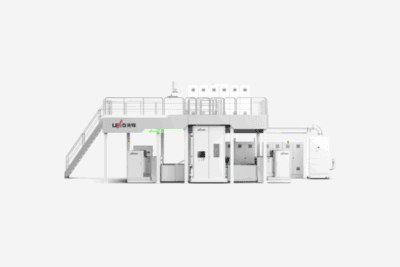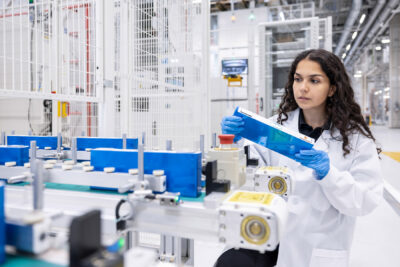Quantum computer to research new battery & fuel cell materials
In a two-year project called QuESt, the German Aerospace Center (DLR) and the Fraunhofer Institute for Mechanics of Materials are using a quantum computer to research new materials for more powerful batteries and fuel cells.
The name of the German project, QuESt, stands for Quantum Computer Material Design for Electrochemical Energy Storage and Converters with Innovative Simulation Techniques. The quantum computer will be used to simulate electrochemical processes inside energy storage devices. In the simulations, the scientists compare the quantum chemical interplay of various novel materials and electrode structures. Their goal is to achieve the highest possible chemical binding energies of the electrons in batteries. In fuel cells, hydrogen and oxygen should react with each other as efficiently as possible.
A brief chemistry excursus on the background: When current flows through a battery or fuel cell, ions inside migrate from one electrode to another. At the electrode surfaces, the ions donate or accept an electron. “The processes can be described with precision with the help of quantum physics. The electrons essentially change their quantum mechanical state. We can simulate these energy states using a quantum computer. This allows us to calculate how much energy is in the electrochemical reactions and how fast these are occurring,” explains Dr. Birger Horstmann, head of the Theory of Electrochemical Systems group at the DLR Institute of Technical Thermodynamics. Through the targeted design of electrode materials and structures, those involved hope to achieve higher performance and energy densities.
The Baden-Württemberg Ministry of Economics is funding the project, which started in January 2021, with 1.5 million euros over two years. In addition to DLR and Fraunhofer IWM, Bosch GmbH and Mercedes-Benz Research & Development North America are also involved in QuESt as associated partners. The project uses the Fraunhofer-Gesellschaft’s IBM quantum computer, which is funded by the state of Baden-Württemberg. The special feature of QuESt is the use of a quantum computer for a very application-oriented task in materials research, DLR says. The project combines basic research with applied research in the field of energy storage.





0 Comments